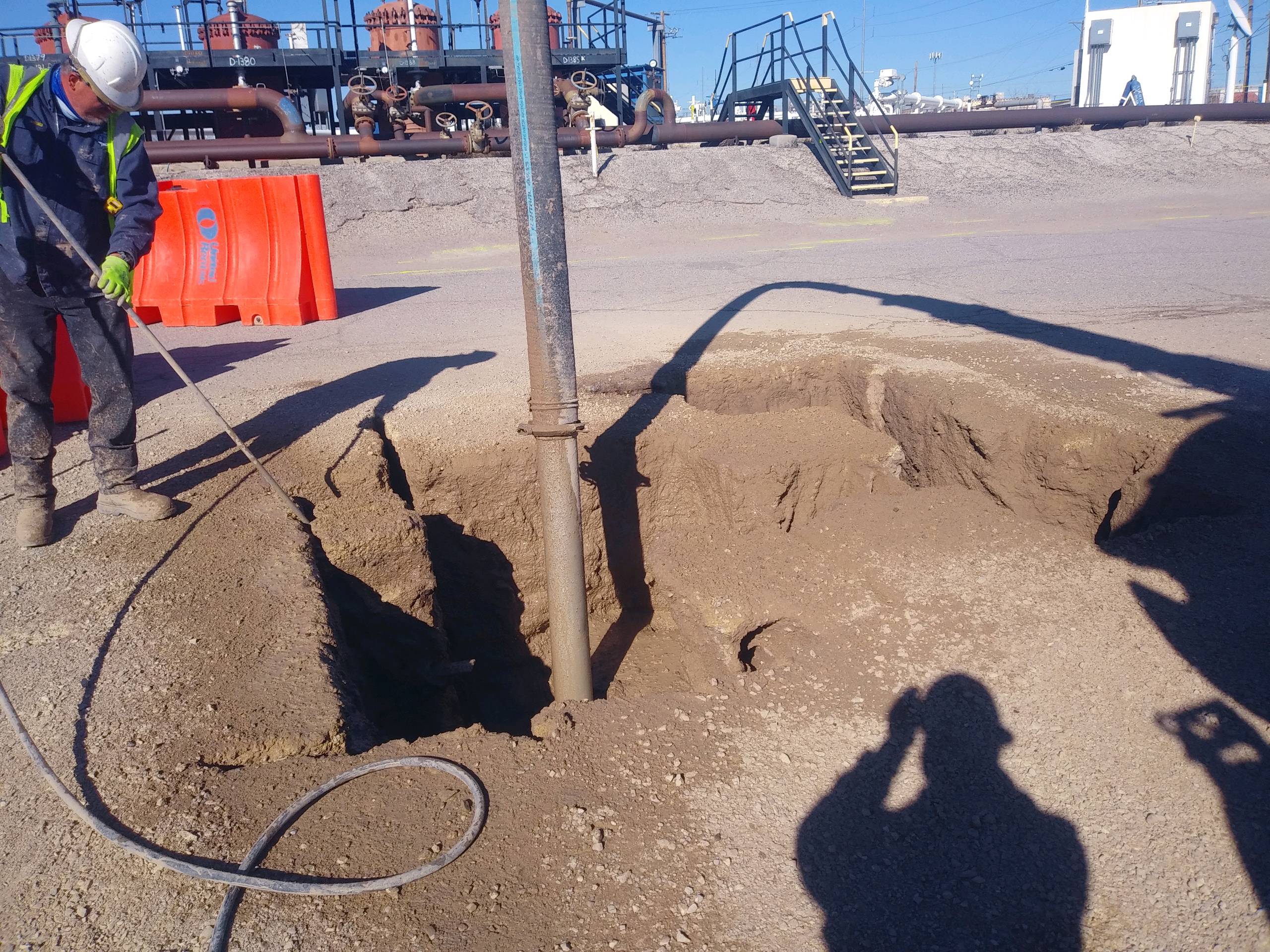The Science of Geotechnical Drilling in El Paso
When it comes to commercial construction, you know that every step of the process is crucial to the success of a project. Before the building process can even begin, it’s necessary to ensure that the land is suitable for construction by using a technique known as geotechnical drilling.
In this article, we’ll explore more about this process and show you how the El Paso Drilling team can help provide you with crucial information about your construction site to make your next project a success.
What is Geotechnical Drilling?
Geotechnical drilling is a type of investigative drilling that provides data about soil quality and contents to design and monitor the construction of buildings, dams, bridges, roadways, or other infrastructure sites. This drilling is an important part of the construction process as the information gleaned from these studies helps project managers and engineers determine the supporting characteristics of the soil, which in turn provides insight into the type of materials needed for the project, appropriate depth for installation of pilings, whether or not the angle of the ground will affect building conditions, and more.
Geotechnical Drilling Techniques
When it comes to geotechnical drilling, there are a variety of techniques involved in this delicate process, which is why this part of the construction process should always be left to the professionals. The five types of geotechnical drilling technologies include:
- Sonic drilling
- Hollow stem or solid stem auger drilling
- Rotary drilling
- Direct push
- Coring
Let’s take a look at each of these drilling technologies more closely to see what information each technique can bring to your next construction project.
Sonic Drilling
Sonic drilling is an advanced geotechnical drilling technique that is ideal for deep and shallow drilling applications and can be utilized with any type of soil for nearly any project. This low-impact technique involves the use of specialized equipment that utilizes high-frequency, resonant energy to rotate and vibrate the drill to provide an efficient collection of soil samples while maximizing crew safety.
Auger Drilling
Auger drilling is an eco-friendly, proven geotechnical drilling technology that has a wide range of uses, including soil sampling, installation of data collection instruments, subsurface improvements, and more. This type of drilling involves the use of either hollow stem or solid stem cutter heads that are used to obtain soil samples using split spoon samplers. This type of drilling is the ideal choice for environmental sampling because there are no additives used in the drilling process.
Rotary Drilling
As one of the more basic drilling techniques available, rotary drilling involves the use of a sharp, rotating drill bit coupled that uses impact force to drill through layers of substrate. There are several unique varieties of rotary drilling, which include:
- Air rotary
- Mud rotary
- Dual rotary
- Reverse circulation rotary
This type of geotechnical drilling is ideal for projects requiring an increased depth as this method is typically more robust than other alternative methods.
Direct Push Drilling
Direct push technology involves the use of a hydraulic hammer to advance the drill through ground layers in an effort to perform soil, groundwater, and vapor surveys or monitor wells. This type of drilling is often used in the collection of multiple samples as direct push drilling can reach deeper depths with a lower impact on the environment than some other types of drilling.
Coring
Diamond core drilling is a technique most commonly used in the mining industry as an approved method for working with cemented or hard rock environments. This technique involves the rotation of diamond-impregnated steel into the ground while applying downward pressure to collect rock core samples for analysis.
El Paso Geotechnical Drilling
If you’re looking for more information on geotechnical drilling for your next project, contact our team in El Paso, Texas, to learn more about our services.
